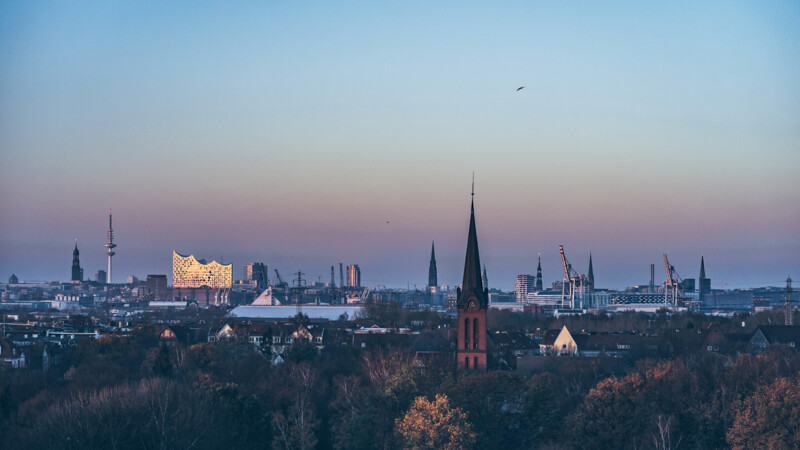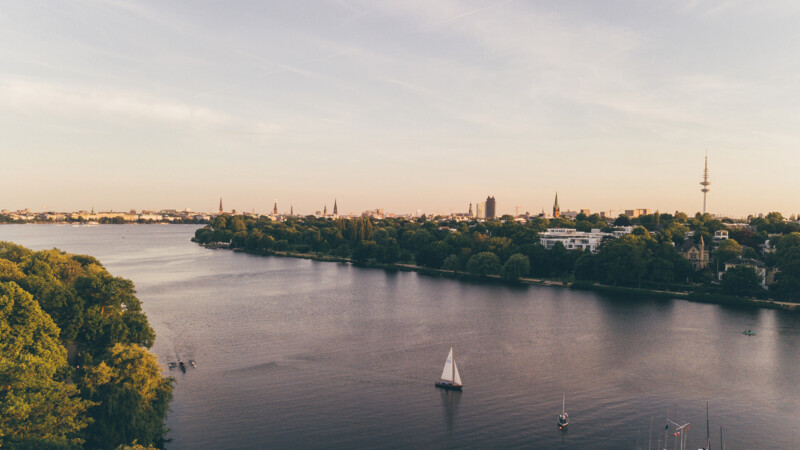"Our results show that the forest environment had a positive effect on mood and that the urban environment disrupted mood regardless of the type of presentation," said Fariba Mostajeran, lead author of the study and a member of the Human-Computer Interaction group. VR may yet prove beneficial amid the pandemic and offset the impact of quarantine or lockdown for people in nursing homes and hospitals and with limited access to nature. "There is hope that even if there is limited access to nature right now, we can reduce the negative effects of isolation, quarantine or urbanisation thanks to informatics methods," Mostajeran commented.
Spending time in a virtual but natural environment can help lift the spirits and has a positive impact on health, according to a study by researchers at the University of Hamburg published Wednesday (February 17, 2021) in the journal Scientific Reports. People who are shown an immersive forest environment with a VR headset feel better than at the sight of a virtual urban environment. The test persons also performed better after the virtual time-out in the countryside.
VR may reduce effects of isolation and quarantine
Landscape photos impact mood positively
To investigate the effect, 34 test persons were shown a North German deciduous forest and a street between house fronts - first in photo slideshows and then as 360-degree videos. The test persons were then asked about their mood, their stress level and their physiological well-being. The photos of the surroundings alone sufficed to gauge the effects on mood. However, the 360-degree videos significantly elevated the impression of actually being in the forest. The study also involved the University Medical Center Hamburg-Eppendorf (UKE) and the Max Planck Institute for Human Development Berlin.
tn/sb
Sources and further information
More
Similar articles

Hamburg Innovation Summit 2021 to go hybrid in May

Rising willingness to vaccinate in Europe, survey finds

Future Hamburg Award 2021: Ideas for city of future wanted
